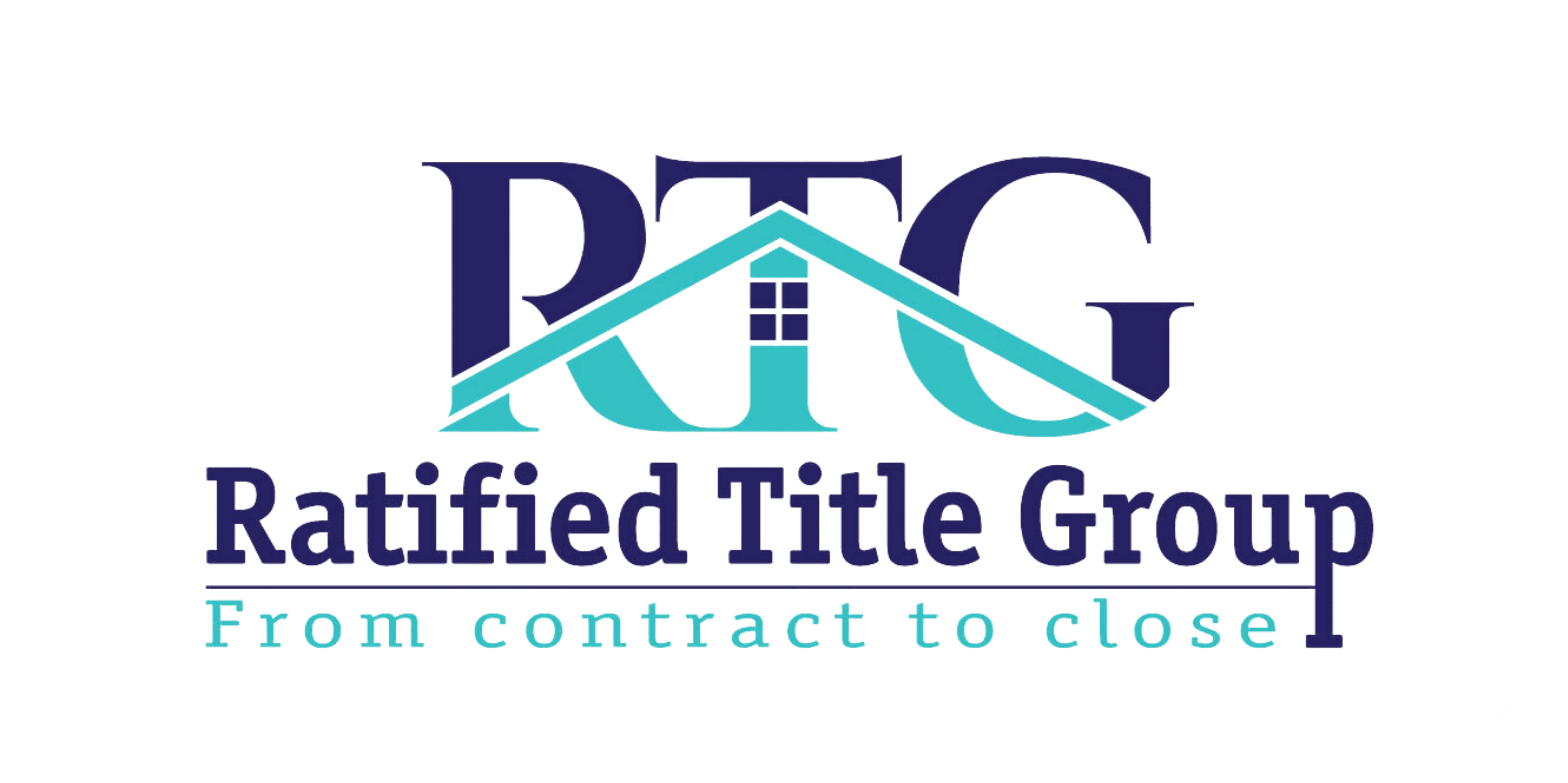Understanding the Basics: What Are Residential Titles?
When you buy a home, you’re not just purchasing a piece of property; you’re also acquiring a residential title. But what exactly is a residential title? Simply put, a residential title is a legal form of ownership that gives you the right to possess and use the property. It’s like having the key to your new kingdom, ensuring that you have the rightful claim to your piece of the American dream.
Residential titles serve as a critical documentation of ownership, outlining who has rightful claim to a specific piece of real estate. These titles are recorded in public records, providing transparency and legal certainty to homeowners. Without a clear residential title, disputes can arise, clouding the ownership of the property and causing headaches for all parties involved. Therefore, understanding the intricacies of residential titles is essential for any homeowner.
One key aspect of residential titles is the concept of title transfer. When a property changes hands through a sale, the residential title is transferred from the seller to the buyer. This transfer is crucial as it ensures that the new owner has clear and unencumbered rights to the property. Moreover, the details of the transfer, including any liens or encumbrances, are typically outlined in the title, serving as a comprehensive record of the property’s history.
In essence, residential titles are the bedrock of property ownership, providing legal evidence of who has the right to possess and use a specific piece of real estate. By unlocking the mysteries of residential titles, homeowners can gain a deeper understanding of their property rights and ensure a smooth ownership experience.
The Importance of Clarity: Why Residential Titles Matter
Have you ever wondered why residential titles matter? Well, imagine a scenario where multiple parties claim ownership of the same property due to unclear or disputed titles. This can lead to legal battles, financial losses, and emotional stress. By having a clear and valid residential title, homeowners can avoid such nightmares and enjoy peace of mind knowing that their ownership rights are protected.
Clarity in residential titles is vital not just for current homeowners but also for future transactions. When it comes time to sell your property, a clean title can facilitate a smooth and quick sale, attracting potential buyers and avoiding last-minute complications. On the other hand, a clouded title can deter buyers and even lead to the cancellation of a sale, causing significant delays and frustration.
Moreover, residential titles play a crucial role in property inheritance. Clear titles ensure that the rightful heirs inherit the property without any ambiguity or legal hurdles. This streamlined process can provide peace of mind to families during already challenging times and prevent potential inheritance disputes down the line.
In the world of real estate, clarity is king, and residential titles are the crown jewels. By understanding the significance of clear and valid titles, North Carolina homeowners can protect their investments and pave the way for a secure and prosperous property ownership journey.
Decoding Legal Jargon: Common Terms in Residential Titles
Legal documents can be daunting, filled with complex terminology that may leave homeowners scratching their heads. But fear not, as we’re here to decode the legal jargon surrounding residential titles. Let’s start with a fundamental term: ‘Chain of Title.’ This refers to the history of ownership transfers for a specific property, outlining the succession of ownership from the original owner to the current one.
Next up, we have ‘Easements,’ which are rights granted to another party to use a portion of the property for a specific purpose. These can include utility easements for power lines or access easements for shared driveways. Understanding the types and implications of easements in your residential title can prevent surprises and conflicts in the future.
Another common term you may encounter is ‘Encumbrances,’ which are claims against the property by a third party, such as mortgages, liens, or unpaid taxes. These encumbrances can affect your ability to freely use or transfer the property and should be carefully reviewed and resolved to ensure a clean residential title.
By unraveling the mysteries of these common terms and grasping their implications in residential titles, homeowners can navigate the intricate world of real estate with confidence and clarity. So, don’t let legal jargon intimidate you; with a bit of understanding, you can be better equipped to protect your property rights.
Navigating North Carolina Regulations: Understanding Local Variations
North Carolina boasts a rich tapestry of real estate regulations that homeowners need to navigate. From property tax laws to zoning ordinances, understanding the local variations can make a world of difference in your property ownership experience. For instance, North Carolina follows a ‘race-notice’ recording system, meaning that the first person to record a deed has priority in case of competing claims.
Moreover, North Carolina law requires sellers to provide buyers with a disclosure of known defects in the property. This disclosure can impact the property’s value and the buyer’s decision-making process, highlighting the importance of transparency in real estate transactions. By familiarizing yourself with these local regulations, you can protect yourself from potential pitfalls and make informed decisions about your property.
Additionally, North Carolina has specific laws governing title insurance, which is essential for protecting homeowners against unforeseen issues with their residential titles. Title insurance can provide coverage for legal expenses, title defects, and undisclosed liens, offering a safety net for homeowners investing in property. Understanding these regulations can help homeowners safeguard their investments and mitigate risks associated with property ownership.
With a clear understanding of North Carolina’s unique real estate landscape, homeowners can confidently navigate the regulatory maze and ensure a seamless and secure property ownership journey. By staying informed and seeking professional guidance when needed, North Carolina homeowners can unlock the mysteries of residential titles and enjoy the benefits of stress-free property ownership.
Protecting Your Investment: Why Title Insurance Is Essential
In the ever-changing landscape of real estate, uncertainties can arise that threaten your investment in a property. This is where title insurance steps in as a crucial safeguard for homeowners. Title insurance protects against potential legal issues that may not be evident during the property purchase, such as undisclosed heirs, forged documents, or errors in public records.
One of the key benefits of title insurance is its ability to provide financial protection in case of a title dispute. If a dispute arises over the ownership of your property, title insurance can cover legal fees and potential losses, offering peace of mind and financial security to homeowners. This protection can be invaluable in preserving your investment and ensuring a smooth property ownership experience.
Furthermore, title insurance is a one-time cost that provides coverage for as long as you or your heirs have an interest in the property. This long-term protection can offer reassurance to homeowners, knowing that their ownership rights are safeguarded against unforeseen challenges that may arise in the future. By investing in title insurance, homeowners can protect their most valuable asset and enjoy greater peace of mind.
In conclusion, title insurance is a vital tool for homeowners looking to secure their investment and protect their property rights. By understanding the importance of title insurance and its role in safeguarding residential titles, North Carolina homeowners can make informed decisions to mitigate risks and ensure a bright future for their real estate investments.



